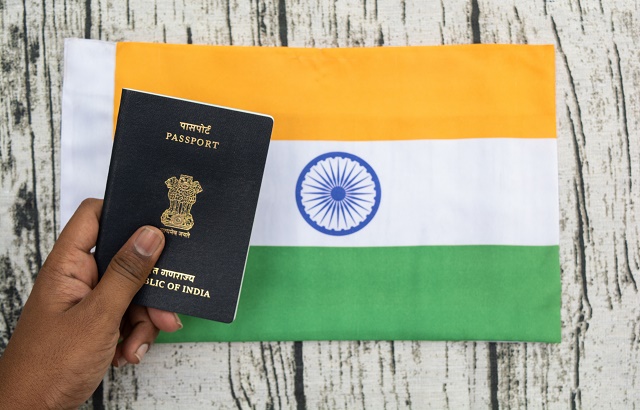NRIs worried that they could have lost their non-resident status after unwillingly spending too much time in India due to covid-19 can breathe a sigh of relief after the country’s tax regulator confirmed that an extended stay would not be counted against them.
A large number of NRIs became stuck in India when the government imposed a country-wide lockdown on 24 March, which still continues, and suspended international flights.
Many have exceeded the 120-day stay limit, meaning they could lose their NRIs status that allows them tax exemption and other benefits.
It would also mean they technically become residents as per the income tax rules, requiring them to pay tax on their global income.
They will then be required to file tax returns as Indian residents.
Not counting extended stay
Even as the uncertainty continues as to when NRIs will be able to return to their own countries; relief came from India’s tax regulator.
In the form of a circular, the Central Board of Direct Taxes (CBDT) said an extended stay in India would not be counted against their residential status for financial year 2020-21.
The exact dates which can be excluded will be issued after international flights resume.
The exception is applicable to individuals who travelled to India before 24 March (when the country-wide lockdown was announced) and had been unable to leave the country on or before 31 March 2020.
NRIs who had been quarantined in India after 1 March will also benefit.
The circular said the discounted calculation of dates will be extended to NRIs whether they had left the country in an evacuation flight or were still in the country.
Great relief
“Now it’s a relief that NRIs can count out their forced stay in India for considering the tax residency,” said Benoy Sasi, international lawyer at DIFC Courts, Dubai.
“As per the amended rules, any Indian citizen staying in India for a minimum of 182 days in any financial year qualifies to be ‘resident’ in India for that year.
“A person who stays in India for a minimum of 60 days in a financial year may also qualify as a ‘resident’ for tax purposes if his aggregate stay in India in the immediately preceding four financial years exceeds 365 days,” Sasi added.
India had amended the NRI status eligibility rules by reducing the minimum period of stay in India from 182 to 120 days for qualifying to be a resident if the aggregate stay of such NRIs in the immediately preceding four years exceeded 365 days and the aggregate taxable income exceeds INR 1.5m ($19,959; £16,148 €18,380) excluding income from foreign sources.
India’s last budget had increased the number of days a person must be away from India to qualify as an ‘NRI’ from 182 to 240.
Consequently the number of days a citizen should stay in the country was reduced to 120 from 182 for qualifying as a resident who is liable to pay tax in India.
The limit of 120 days was imposed as many residents abused the NRI status for evading taxes in India.
Another circular coming
The 31 March 2020 is significant as it was the date by which the tax returns for financial year 2019-20 were to be filed.
The regulator said a follow-up circular would be issued for filing tax returns for financial year 2020-21 after international flights resume and the stranded NRIs return to their host countries.
“It is not yet clear as to when international flight operations would resume. A circular excluding the period of stay of these individuals up to the date of normalisation of international flight operations, for determination of the residential status for the financial year 2020-21 shall be issued after the flight are resumed,” the circular said.
For NRIs who travelled to India on a visit before 22 March 2020, and had been unable to leave the country on or before 31 March 2020, their period of stay in India from 22 March to 31 March would not be taken into account.
Also, in cases where a person has been quarantined in India on account of covid-19 on or after 1 March and has departed on an evacuation flight on or before March 31 or has been unable to leave India on or before 31 March, his period of stay from the beginning of his quarantine to his date of departure would not be taken into account, the circular clarified.








